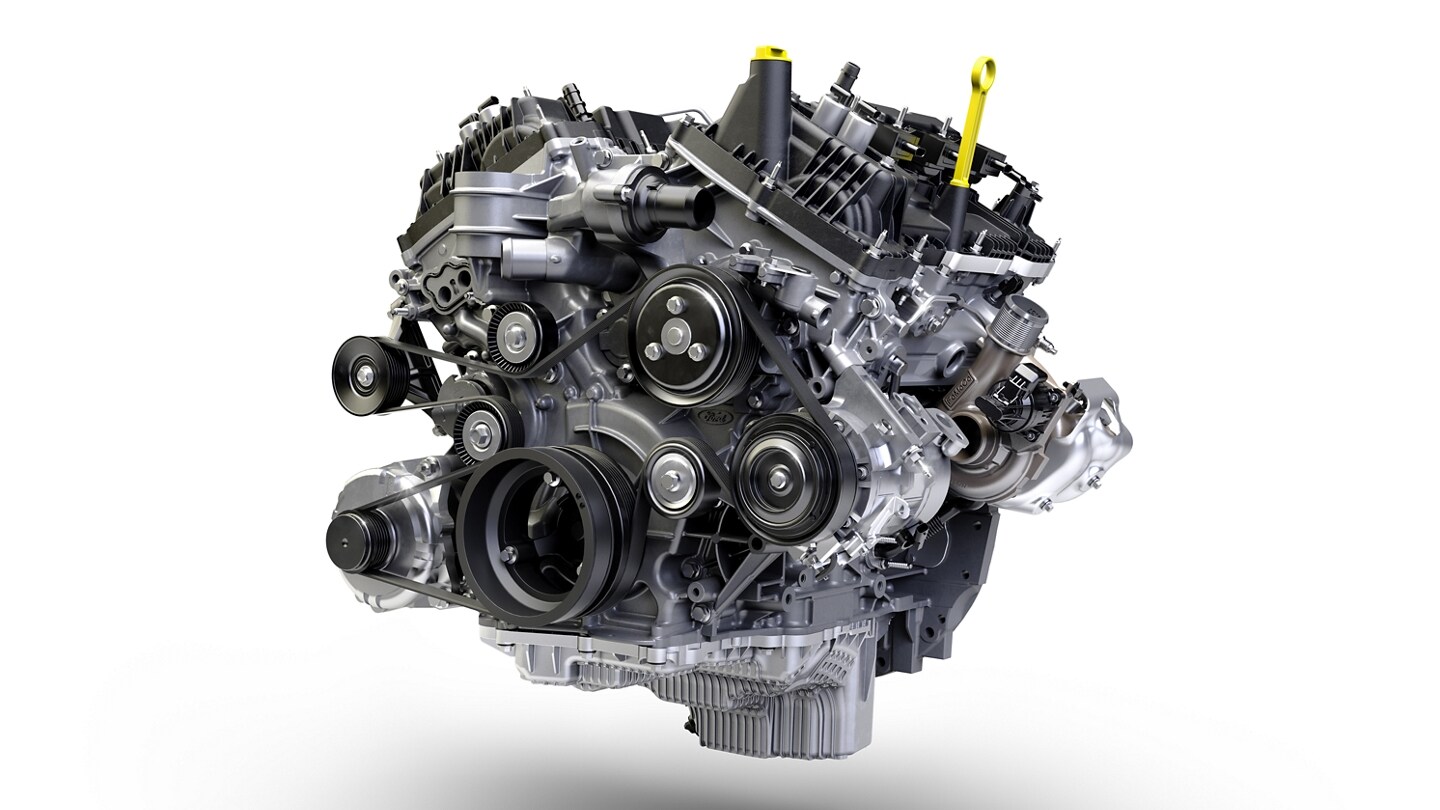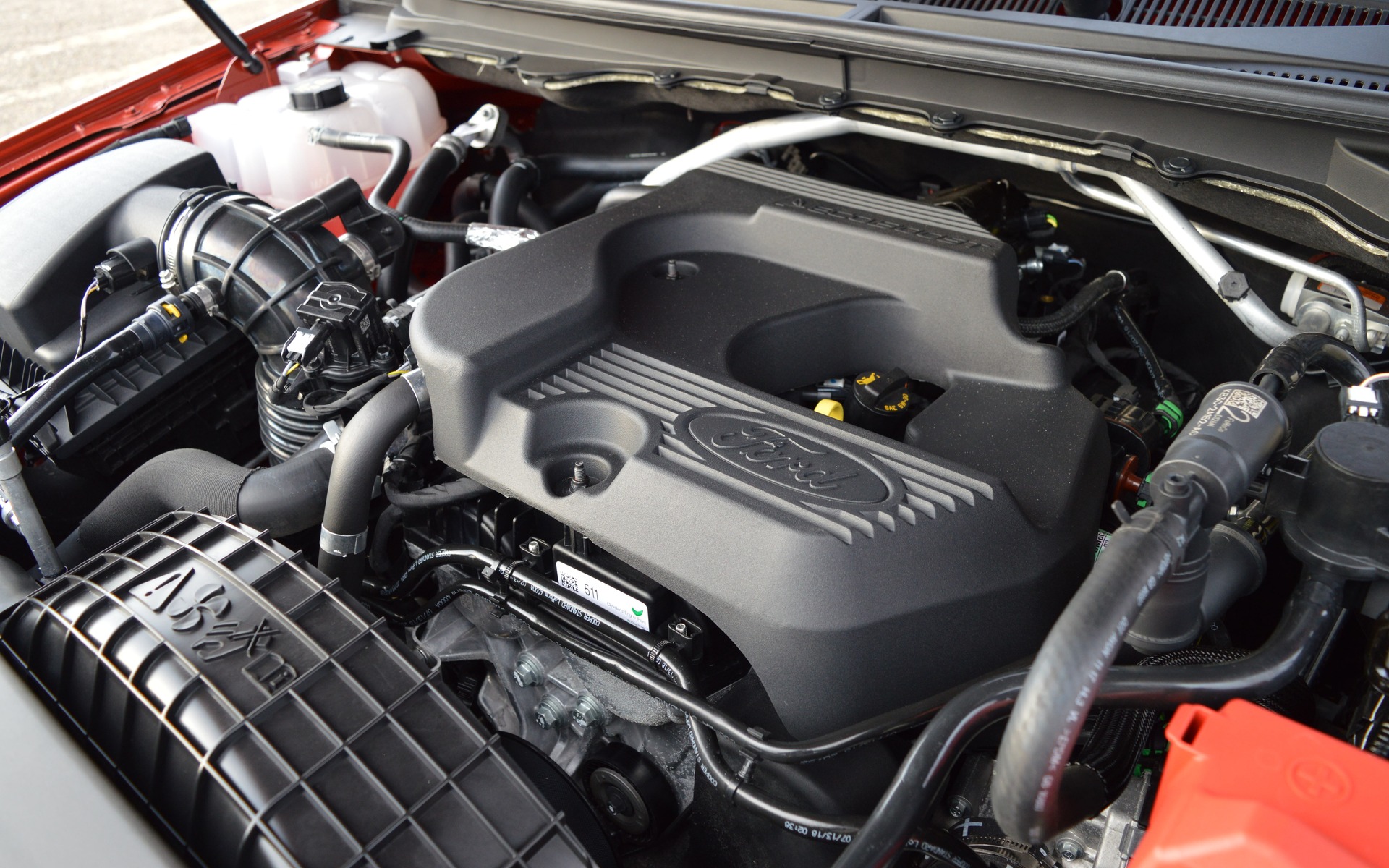Everything You Need to Know About the 2.2 Ford Ranger Engine and Its Performance
Everything You Need to Know About the 2.2 Ford Ranger Engine and Its Performance
Blog Article
Exactly How to Select the Right Cars And Truck Engine for Optimum Performance and Efficiency
Selecting the appropriate car engine to accomplish an ideal equilibrium of performance and performance necessitates a nuanced understanding of numerous engine kinds and their specific qualities (2.2 ford ranger engine). Elements such as engine displacement, the number of cyndrical tubes, and fuel type play a critical role in figuring out both power outcome and fuel economy.
Understanding Engine Kind
When choosing an automobile, among the most crucial components to consider is the engine kind, which acts as the heart of the lorry. The engine type dramatically influences the car's general efficiency, long life, and viability for your driving needs. There are primarily three engine kinds to think about: interior burning engines (ICE), hybrid engines, and electrical engines.
Inner burning engines continue to be the most common, operating gasoline or diesel. They are recognized for their power and velocity, making them appropriate for performance-oriented automobiles. However, they may fall short in fuel performance and ecological effect.
Crossbreed engines integrate an interior burning engine with an electric motor, using a balance in between performance and gas economic climate. They are significantly prominent for chauffeurs seeking decreased discharges while still supplying sufficient power.
Electric engines, powered entirely by batteries, are gaining traction as a result of their ecological benefits and lower running costs. They supply instant torque and a quiet driving experience, making them suitable for urban travelling.

Efficiency vs. Efficiency
Choosing the right engine kind includes weighing the compromises in between performance and performance. Performance normally refers to how well an engine can deliver power and acceleration, which is often connected with bigger displacement engines or those with turbocharging abilities. These engines normally supply electrifying driving experiences and quick response times, making them prominent amongst enthusiasts.
On the other hand, effectiveness concentrates on gas economic climate and lower exhausts. Smaller engines, especially those geared up with advanced technologies such as direct gas injection and variable valve timing, tend to deliver far better miles per gallon and minimized carbon footprints. While these engines may sacrifice some power compared to their larger counterparts, they commonly master day-to-day driving scenarios where high performance is not constantly required.
Inevitably, the option in between efficiency and effectiveness rest on private concerns. A driver who values spirited driving might focus on a high-performance engine, while a person looking for cost-efficient travelling may lean towards an effective alternative. Recognizing these compromises is critical for making an educated choice that aligns with your driving needs and lifestyle, guaranteeing that the chosen engine type complements your expectations for both efficiency and efficiency.
Trick Specifications to Think About
Understanding key requirements is crucial for making an informed choice regarding the ideal vehicle engine. When picking an engine, a number of important elements require consideration to make sure ideal efficiency and efficiency.
It shows the total quantity of the engine's cyndrical tubes and normally correlates with power result; bigger variations commonly yield more power. Engines with more cyndrical tubes can offer smoother operation and higher power, while smaller arrangements can improve gas effectiveness.
Furthermore, the engine's arrangement, whether inline, V-type, or rotating, affects the overall design and efficiency attributes of the car - 2.2 ford ranger engine. Turbocharging and turbo charging technologies ought to likewise be assessed; these increase an engine's power output without substantially raising its size, therefore improving performance
Gas kind is one more vital consideration, as it impacts both performance and costs. The engine's compression proportion affects efficiency and power shipment; a higher proportion typically leads to far better performance, yet might require exceptional fuel. By meticulously evaluating these specifications, you can choose an engine that straightens with your efficiency and performance Go Here objectives.
Assessing Driving Requirements
Evaluating driving needs is a fundamental action in identifying the ideal automobile engine for your way of life and use patterns. If your driving mostly consists of short commutes in city environments, a smaller sized engine Check This Out with good gas effectiveness might be adequate.
Take into consideration the terrain you typically browse. Hilly or rugged landscapes might demand an engine with higher torque for far better performance. In addition, assess passenger and freight needs; bigger families or those that carry goods might gain from automobiles with increased power and capability.
It's also important to review your fuel preferences. Diesel engines frequently provide exceptional torque and fuel economic situation for larger cars, while gasoline engines might supply a smoother and quieter adventure. Last but not least, factor in environmental factors to consider, as crossbreed or electrical engines can give a much more lasting alternative without sacrificing performance. By thoroughly comprehending your driving demands, you can make an informed decision that aligns with both performance assumptions and performance objectives.
Future Fads in Engine Technology
As the vehicle market remains to advance, technologies in engine modern technology are leading the way for a lot more lasting and effective driving experiences. One substantial fad is the change toward electrification, with hybrid and fully electrical powertrains acquiring importance. Automakers are spending greatly in battery modern technology to improve power thickness and minimize charging times, inevitably boosting the functionality of electrical cars (EVs)
One more arising trend is the development of hydrogen fuel cell engines. 2.2 ford ranger engine. These systems supply the possibility for zero-emission driving while offering refueling times comparable to traditional fuel engines. Additionally, developments in burning innovation, such as variable compression proportions and improved straight from the source turbocharging, are maximizing conventional inner combustion engines for much better efficiency and performance
Digital assimilation is also a crucial element of future engine modern technology. The implementation of expert system and maker understanding enables for real-time information analysis, making it possible for smarter engine administration systems that adjust to driving conditions and boost fuel effectiveness.

Conclusion
Finally, choosing the ideal cars and truck engine requires an extensive evaluation of numerous aspects, consisting of engine type, efficiency requirements, and performance goals. By recognizing the distinctions between various engine types and considering essential specifications, individuals can straighten their options with specific driving requirements. As developments in engine technology remain to arise, staying informed about future fads will even more improve decision-making, eventually causing a lorry that stabilizes performance and gas performance effectively.
Selecting the appropriate car engine to achieve an optimal equilibrium of efficiency and effectiveness requires a nuanced understanding of different engine types and their specific characteristics. There are primarily three engine kinds to take into consideration: inner combustion engines (ICE), hybrid engines, and electric engines.
Performance generally refers to how well an engine can deliver power and acceleration, which is typically connected with larger variation engines or those with turbocharging abilities. Diesel engines frequently provide remarkable torque and gas economy for heavier vehicles, while gasoline engines may give a smoother and quieter adventure.In conclusion, choosing the proper auto engine demands a comprehensive examination of numerous elements, consisting of engine type, performance demands, and efficiency objectives.
Report this page